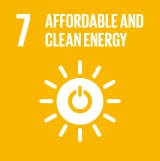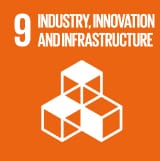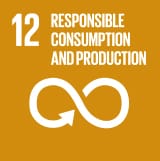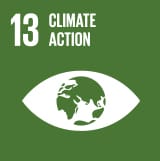Waste Management
Waste management refers to the monitoring, measurement and management of solids,
liquids, or
gases that are released, emitted or discharged from GULF's projects and/or operations
areas. This
includes, for example, non-hazardous (municipal) and hazardous waste, water used in
operations, air
emissions, and greenhouse gas emissions.
The electricity generation process does not generate large amounts of waste as few raw
materials or chemicals are used in the production process, with the majority of the
waste comprising natural sediment filtered out of water used in electricity generation.
Regardless, the Company places great importance on responsible production and
consumption, having set a target of “Zero Waste to Landfill” by 2020, which the Company
achieved as planned. Thus, the Company set a new target of “Zero Waste Incineration” to
be completed within 2021 which was also achieved as planned. In addition, the Company
also encourages its employees to help reduce waste in general, especially plastic waste
which is a major global issue.
The proportion of waste disposal
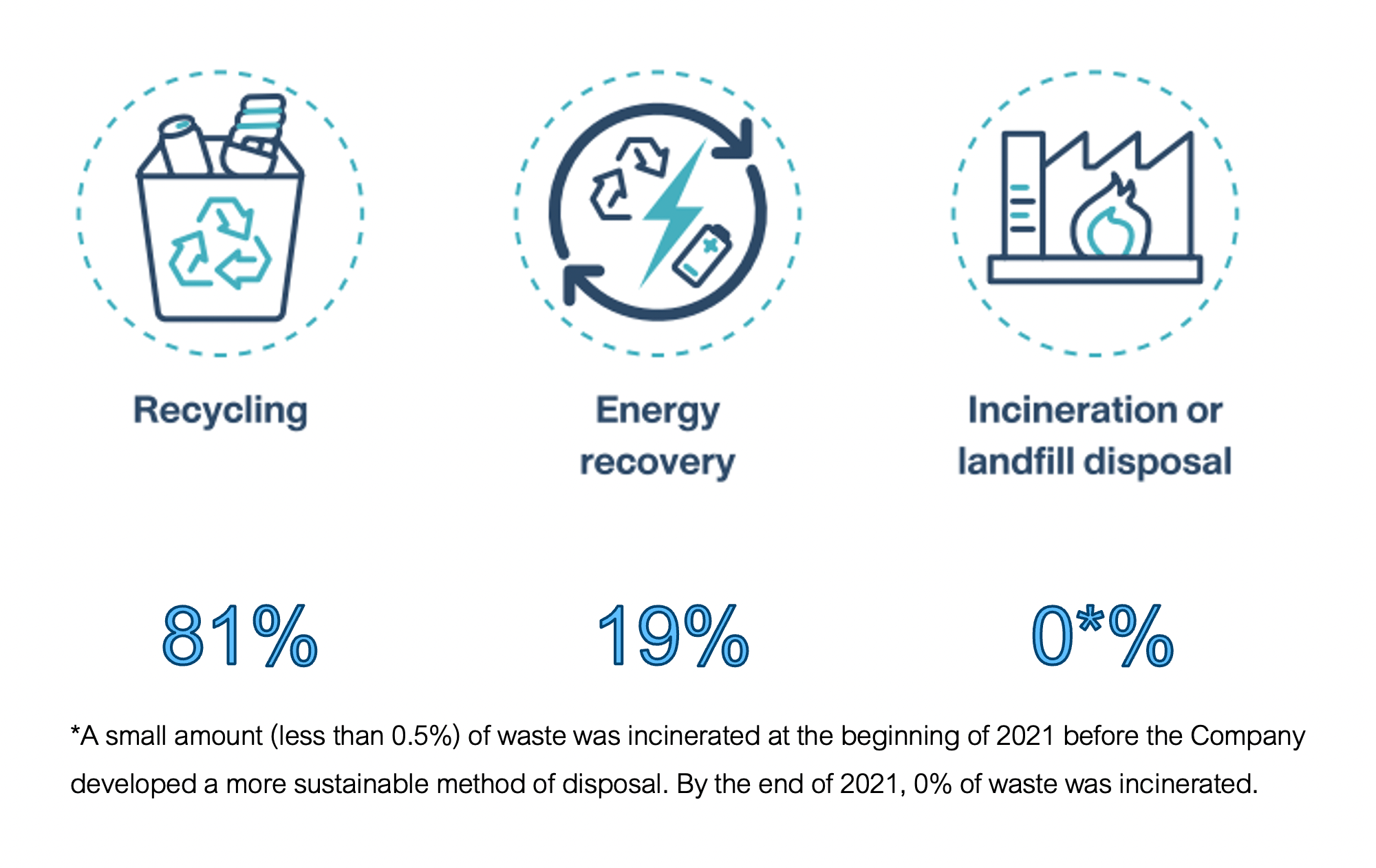
 GULF also tracks gas leakages to ensure there are no significant leaks or spills which
could impact the environment. The leakage rate is calculated as a percentage of the
total amount of gas throughput.
GULF also tracks gas leakages to ensure there are no significant leaks or spills which
could impact the environment. The leakage rate is calculated as a percentage of the
total amount of gas throughput.

